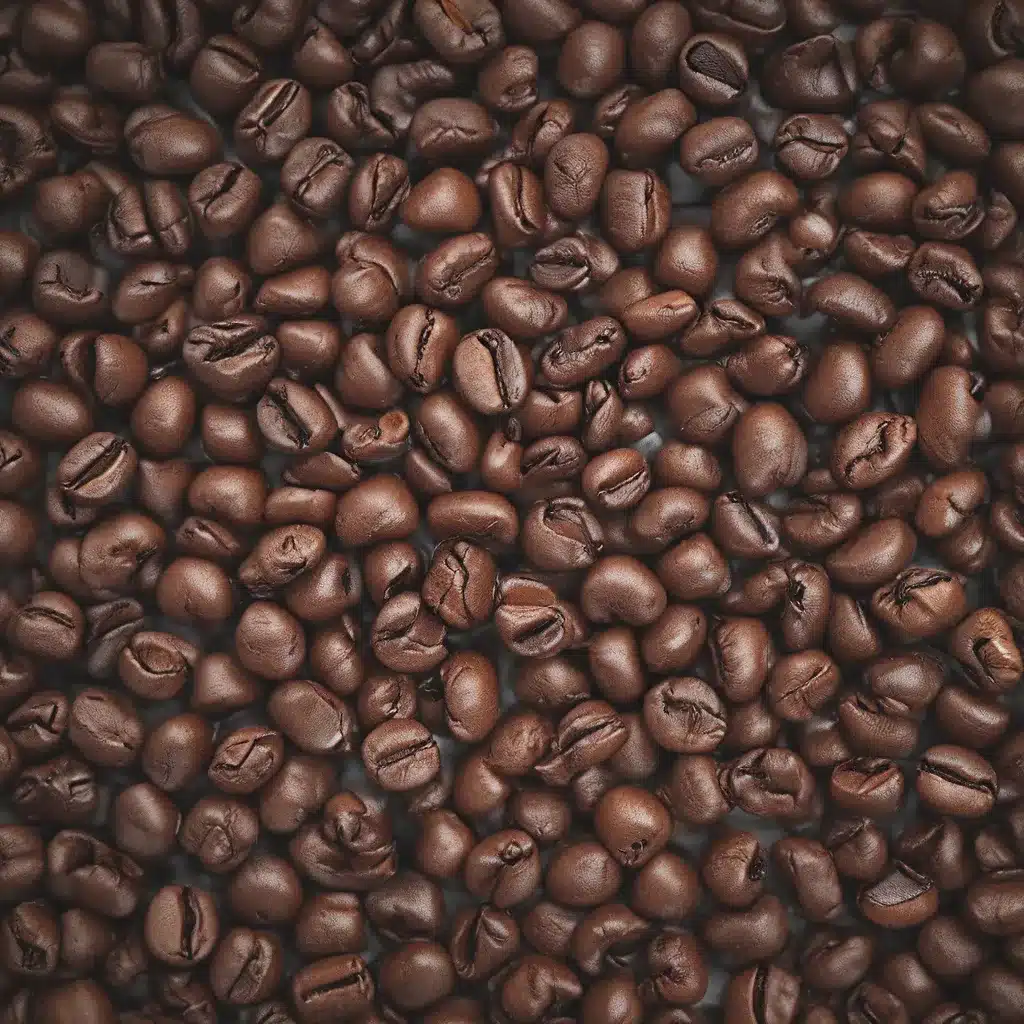
As a passionate coffee enthusiast, I’ve always been intrigued by the inner workings of the industry. But in recent years, I’ve become increasingly aware of the pressing environmental challenges it faces. The sobering fact that an estimated 50 billion paper coffee cups with lids are discarded annually in the United States alone has got me thinking – how can we, as conscious consumers and forward-thinking businesses, help brew a more sustainable future for the coffee we love?
The Sustainability Imperative
The coffee industry has long grappled with its environmental impact, from the carbon footprint of production to the staggering waste generated by disposable cups. But as the climate crisis intensifies and consumers become increasingly concerned about sustainability, the need for transformative change has never been more urgent.
Enter the B Corp certification – a game-changer in the world of sustainable business practices. As described in the source information, this distinctive certification recognizes companies that are dedicated to environmental values and social responsibility. By aligning their operations with rigorous sustainability standards, these trailblazers are leading the charge toward a greener, more equitable coffee industry.
Pioneering Sustainability: The B Corp Movement
Two coffee companies that have embraced the B Corp ethos are Five Senses and Hasbean Coffee. Five Senses, an Australian roaster and supplier, recently achieved a remarkable score of 101.7 on the B Impact Assessment, placing them at the top of the global B Corp companies. This means they’re not only providing delicious coffee but also prioritizing people, places, products, and the planet in their business practices.
Hasbean Coffee, a UK-based roaster, has also made a significant stride in its sustainability journey by becoming a B Corp company. This milestone, as the source information notes, represents their commitment to transparency in the coffee supply chain and ethical sourcing practices. It’s heartening to see these pioneers leading the way and inspiring others to follow suit.
Sustainable Solutions Beyond Coffee Beans
But the sustainability revolution in the coffee industry extends beyond just the beans. Non-dairy milk alternatives, for instance, are gaining traction as a more eco-friendly choice compared to traditional dairy. One such company leading the charge is Minor Figures, a UK-based beverage company known for its plant-based products, particularly its popular oat milk.
According to the B Impact Assessment, Minor Figures achieved an impressive overall score of 81.8, far exceeding the average score of 50.9 for typical companies. This speaks volumes about their commitment to sustainability and their ability to provide vegan and dairy-free options that cater to the growing demand for more conscious choices.
Brewing Sustainability One Cup at a Time
But the sustainability journey doesn’t stop there. Equipment manufacturers like Marco Beverage Systems are also playing a crucial role in shaping a more eco-friendly future for the coffee industry.
Marco’s FRIIA system, for example, is designed with sustainability in mind. Featuring energy-efficient technology, precise temperature control, and water-saving measures, FRIIA helps minimize the environmental impact of commercial coffee preparation. And their MIX hot water boiler takes it a step further, boasting an energy efficiency of up to 70% more than leading competitors, while ensuring consistent and precise water temperature for optimal brewing.
These innovative solutions demonstrate that sustainability and performance can go hand-in-hand, empowering coffee businesses to reduce their carbon footprint without sacrificing the quality of their offerings.
Embracing Sustainable Practices: A Toolkit for Change
As I delve deeper into the world of sustainable coffee, I’ve discovered a wealth of practical tips and strategies that any coffee enthusiast or business owner can adopt to make a real difference.
Sourcing coffee responsibly is a great place to start. By choosing ethically sourced beans that prioritize environmental conservation and support local communities, you can make a tangible impact on the supply chain. Additionally, encouraging customers to use reusable cups and implementing robust recycling programs can help dramatically reduce waste.
But it doesn’t stop there. Educating your customers about your sustainable practices and the importance of eco-friendly choices can inspire them to make more conscious decisions. And by supporting organizations that are actively working to improve the lives of coffee growers and their environment, you can amplify the positive ripple effects of your efforts.
Brewing a Brighter Future
As I reflect on the incredible strides being made in the coffee industry’s sustainability journey, I can’t help but feel a sense of optimism. From the pioneering B Corp companies like Five Senses and Hasbean Coffee to the innovative eco-friendly solutions offered by Marco Beverage Systems, there is a palpable momentum toward a more responsible future.
By embracing sustainable practices, whether through responsible sourcing, reusable cup initiatives, or energy-efficient equipment, we can collectively shape a coffee landscape that is kinder to the planet and its people. It’s a challenge, to be sure, but one that I believe we are more than capable of tackling – one cup at a time.
So, let’s raise our mugs to a future where the aroma of freshly brewed coffee is accompanied by the sweet scent of environmental stewardship and social responsibility. After all, what’s the point of enjoying our favorite brew if we can’t ensure a sustainable tomorrow for generations to come? Let’s dive in and explore the world of sustainable coffee solutions together!















